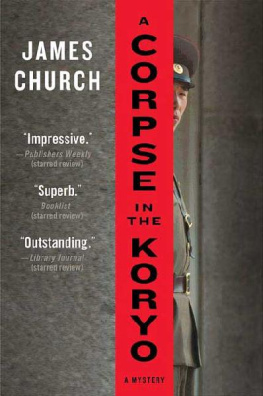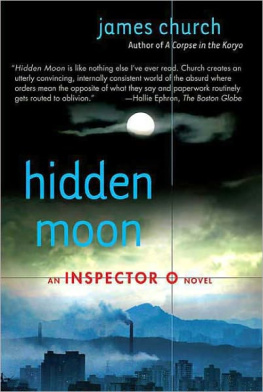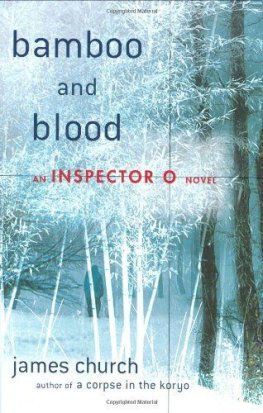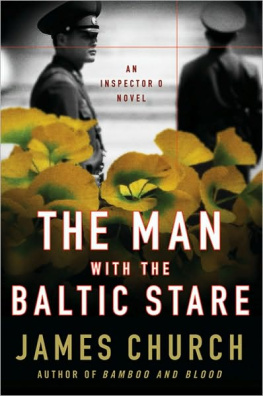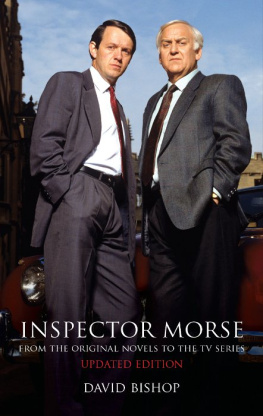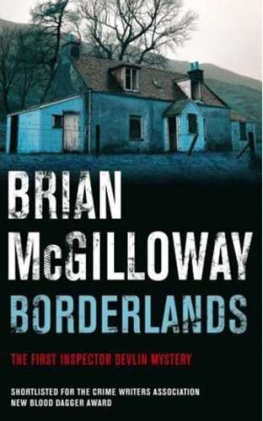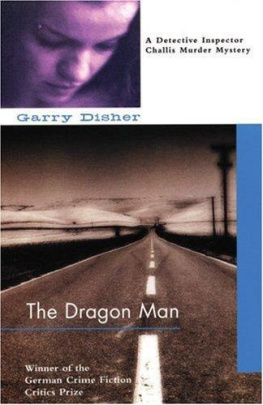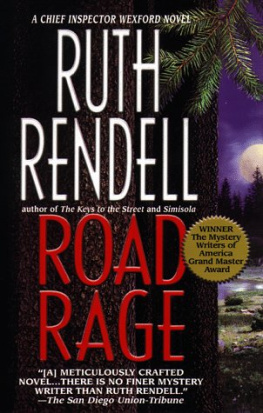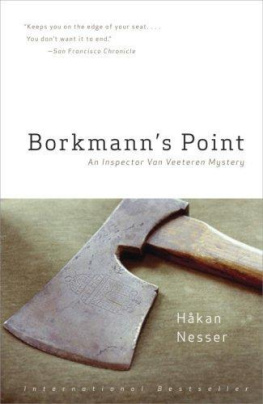A CORPSE IN THE KORYO
by
James Church
Inspector O, a North Korean state police officer, is given an unusual assignment: go to a certain part of a certain road at dawn and photograph a certain vehicle. Little does he suspect that this seemingly inconsequential task will escalate into a case that will lead him to risk his job, and his life. The (pseudonymous) author, a veteran intelligence officer, has intimate knowledge of Asian life and politics, and it shows: he gives the North Korea setting a feeling of palpable reality, depicting the nature of daily life under a totalitarian government not just with broad sociopolitical descriptions but also with specific everyday details. Inspector O is completely believable and sympathetic, a working cop who isn't entirely sure he believes in the things his government tells him to believe in. Comparisons to J. Robert Janes' series set in occupied France and costarring Gestapo detective Kohler are inevitable, but there is also a little of Martin Cruz Smith's early Arkady Renko novels here. The writing is superb, too, well above the level usually associated with a first novel, richly layered and visually evocative.
Thomas Dunne Books
St. Martin's Minotaur f$ New York This is a work of fiction. All of the characters, organizations, and events portrayed in this novel are either products of the author's imagination or are used fictitiously.
THOMAS DUNNE BOOKS. An imprint of St. Martin's Press.
a corpse in the koryo. Copyright 2006 by James Church. All rights reserved. Printed in the United States of America. No part of this book may be used or reproduced in any manner whatsoever without written permission except in the case of brief quotations embodied in critical articles or reviews. For information, address St. Martin's Press, 175 Fifth Avenue, New York, N.Y. 10010.
www.thomasdunnebooks.com
www.minotaurbooks.com
Library of Congress Cataloging-in-Publication Data ISBN-13: 978-0-312-37431-0
ISBN-10: 0-312-37431-3
1. Korea (North)--Officials and employees--Fiction. I. Title.
First St. Martin's Minotaur Paperback Edition: September 2007
Names, places, even mountains change. But people remain. They are real. This story is just that, a story for anyone to read. The book, though, is for the people of North Korea, and especially for the little girl, crying in the field.
ACKNOWLEDGMENTS
Thirty years is not a long time, yet in that period one comes in contact with a lot of people. Some of them are formally introduced with name cards. Some sit beside you on long trips over the Pacific. Others brush by on the street, or wave from the side of a dirt road, or stroll with you around a temple complex. Many have spent countless hours, decades really, patiently explaining Korea and Koreans, and in that process have transferred to me their love of the place, its constant beauty, and its clear, if sometimes melancholy, inner song. I am deeply grateful to them and can only apologize where I have fallen short as a student.
There is always more for the heart to learn. To turn ideas into a book takes a great deal of encouragement and good advice along the way, not to mention an agent who is dedicated (Bob Mecoy), and an editor who is skilled (Pete Wolverton).
At dawn, the hills wake from the mist, One row, then another,
Beyond is loneliness
Endless as the distant peaks.
-- O Sung Hui (I 327-1 VtBJ) No sound but the wind, and in the stingy half-light before day, nothing to see but crumbling highway cutting straight through empty countryside. Laid out straight on a map thirty years ago, straight was how it was to be built. The engineers would have preferred to skirt the small hills that, oddly unconnected, sail like boats across the landscape. Straight, rigorously straight, literally straight, meant blasting a dozen tunnels. That meant an extra year of dangerous, unnecessary work for the construction troops, but there was no serious thought of deviating from the line on the map, pointing like Truth from the capital down to the border and drawn by a Hand none would challenge. Alas, to their regret, the engineers could not completely erase the rebellious contours of the land; in places, the road curved. For that, the general in charge, a morose man of impeccable loyalty, caught hell. Cashiered one afternoon, by evening he was on his way to the northern mountains to manage a farm on land so bleak the grass barely grew. Eventually, he was let back into the capital to serve out his years planning new highways--all straight as arrows, and none of them ever built. By then the mapmakers had learned their lesson. Every map showed the Reunification Highway running ruler-straight and true, and that was how people came to think of it. Hardly anyone traveled the road, so few knew any better.
My orders didn't say where to look, only to be on the lookout for a car. No color, no description, just "a car." This was routine. As the English poet said, it was all I needed to know.
Frankly, I had no interest in knowing more. At this hour, if a car did appear, I figured it would be moving fast from the south. Why a car would be coming up from that direction was an interesting problem, but I wasn't curious. It wasn't my business, and what I didn't question couldn't hurt me.
Take a picture, they said; that's all I had to do. I looked through the viewfinder to find the range, then put the camera down on the grass. My vantage point was no problem--good angle, the distance fine for the lens, the lighting sufficient given that sunrise wouldn't be for another half hour. I knew the road emerged from a short tunnel a kilometer away. The sound of the engine echoing against rock would reach ahead, giving me time to get ready before the car slammed into view. The driver had probably been running without lights; he would be tired from peering through the windshield into darkness, fighting to hold the center of the highway for the ribbon of good pavement that remained. He wouldn't be looking up a hillside for anyone with a camera.
Now, though, nothing moved. No farmers walked along the road; not even a breeze rustled the cornfields bleached from too much summer and not enough rain. The only thing to do was wait and watch the line of hills emerge from the misty silence.
"Status?" It was turned low, but the sound of the radio still shattered the tranquility, I checked my watch. Every thirty seconds from now on the radio would spit out, "Status," "Status," "Status," unless I turned it off.
The voice began again, then strangled on its own static. I left the dials alone. A better signal would only invite more noise. Anyway, no response was necessary. Nothing was happening, and I was already convinced nothing would happen. If a car hadn't appeared by now, it would never show up.
I sat back to watch the third row of hills take shape, a dark ink wash against the barely light western horizon. The contours were smooth, not earth and rock but the silhouette of a woman lying on her side. Up the road, smoke curled toward the touch of morning. Probably from the village that worked the fields spread out below me. I turned my attention back to the highway and flexed my knees to keep my legs from falling asleep. A stone rolled down the hill from behind me. A split second later, I heard a bird cry and then the sound of its wings beating against the grass as it rose into the sky. This sort of surveillance always made me jumpy. I wanted a cup of tea.
The radio crackled back to life. "In case you've forgotten, you're supposed to click. How many times do I have to tell you. Once for affirmative, twice for a negative." The briefest pause, and I knew Pak was softening. "All right. It's busted, come on in."
"Save some tea." I spoke softly into the handset, though there was not a living thing in sight.
"Can't. The kettle's gone. The red one. It disappeared." Just from his voice, I could sense the trace of a smile on Pak's lips.
Next page
